Mamukko consists of two Hungarian brothers that make cool and trendy bags from upcycled sails and bicycle tyre tubing amongst other things. When you meet them, their genuine, warm personalities are disarming and their passion for what they are about is infectious.
When I ask Attila and Levi to describe what they do, they say they are simply doing what comes naturally to them. And if I were to sum up what comes naturally to them it would look something like this:
Master craftsmanship – Attila and Levi come from a family of master craftsmen – both mother and father are master leather workers as well as their parents before them. Their parents came to Ireland to teach them the skill of production and template making.
Art and creativity – Levi has studied art in various forms for 12 years and his natural eye for form and colour shines through in all their work.
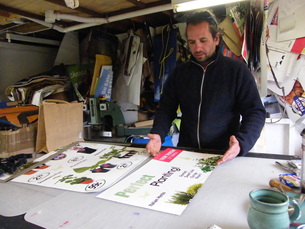 Levi creating a new template for a bag from old Lidl posters
Levi creating a new template for a bag from old Lidl posters 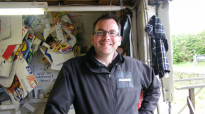 Attila, the "business half" of Mamukko
Attila, the "business half" of Mamukko The positive psychology movement tells us that if we are given the opportunity to use our strengths in our work (and note, in this case, our strengths are not what we are good at but rather what energises us, what we can enjoy and lose ourselves in) we will not only be happier but far more successful.
In my years of working with teams in the workplace I have seen this in evidence all the time. When a team was able to allow its individual members play to their strengths in the service of doing the job on hand, the success rate of the whole team grew. But not just that, when the team members believed in the purpose of their mission, they were happy to give that extra effort that pushed success rates up to the exceptional level. Some industry experts claim that extra effort, or discretionary effort as it is sometimes called, can give a business up to 40% more productivity!
Attila and Levi are prime examples of this. The goals that energise and motivate them are to take the craftsmanship of their parents and make it contemporary and to be part of pioneering the upcycling movement in Ireland. They couple their passion with their respective strengths and everything else is naturally flowing from there.
Everything about them just seems so "natural" to use their own words, and so right. They deserve all the success that their business will bring them because they are showing the rest of us that it is possible to marry our values with our work and find a way to make it all work for the better of the world.
Thank you Attila and Levi for letting me into your world and for reminding me that it is possible to express my own values and passions through my own work and still be successful.
Check out more about Mamukko here.
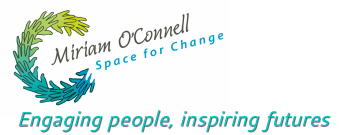

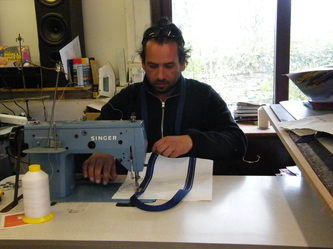
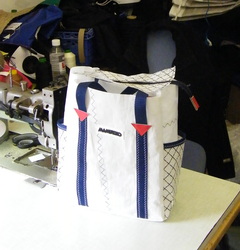



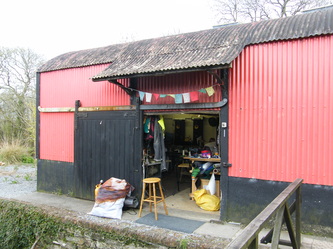


 RSS Feed
RSS Feed